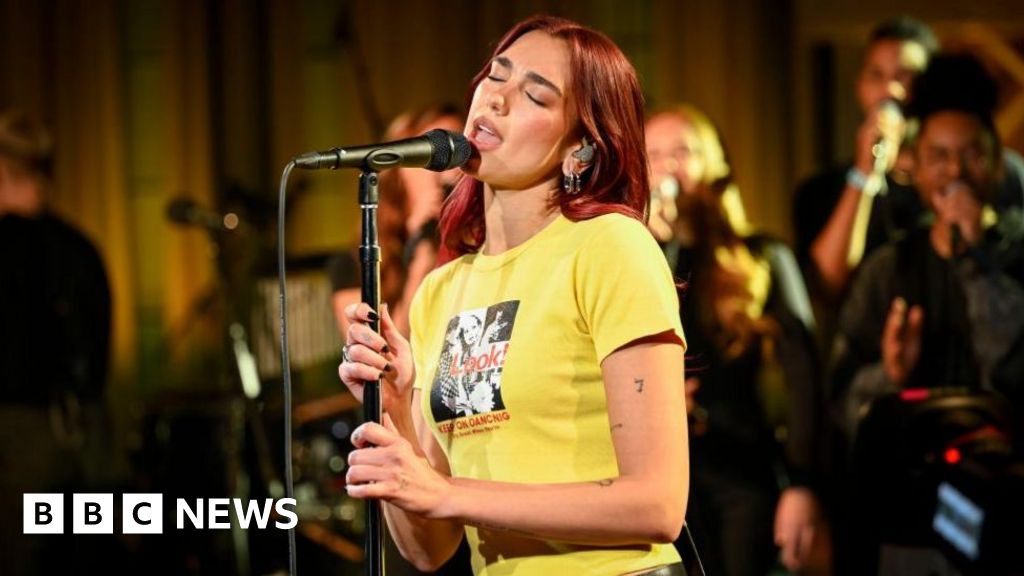Introduction to the Issue
Dua Lipa, Sir Elton John, and Sir Ian McKellen are among the many stars calling on the Prime Minister to update copyright laws to protect them from artificial intelligence. In a letter signed by over 400 British musicians, writers, and artists, they express their concerns about the use of their work by technology companies. The letter emphasizes that they do not want to "give away" their work to these companies.
The Artists’ Concerns
The artists are worried that the current copyright laws do not adequately protect them from the use of their material in AI models. They want the government to support a change in the law that would require developers to be transparent with copyright owners if they use their material for training AI models. This change, proposed by Baroness Kidron, would allow both AI developers and creators to develop license regimes that enable human-created content in the future.
Government Response
A government spokesman said that they want the creative industry and AI companies to thrive, and they are considering a package of measures to achieve this. They also stated that they will not make any changes that do not work for creators. However, not everyone agrees with the artists’ approach. Julia Willemyns, co-founder of the Think Tank Center for British Progress, believes that such suggestions could hinder the UK’s growth plan and harm the development of AI.
The Impact of AI on Creativity
The increasing concern among artists about the use of their work in AI systems is growing. Generative AI systems, which can generate new content in response to simple text prompts, are becoming increasingly popular. However, their skills have been accompanied by concerns and criticism about their data use and energy requirements. In February, artists such as Annie Lennox and Damon Albarn published a quiet album to protest the proposed changes to the government’s copyright law.
Proposed Changes to Copyright Law
The government had proposed a change to the copyright law that would allow developers to use creator content on the internet to develop their models unless the rights holders opt-out. However, this proposal was met with criticism from creators, who believe that it would unfairly benefit large technology companies at their expense. The government is now reconsidering this proposal, and Baroness Kidron’s amendment is seen as a possible solution.
Conclusion
The debate about the use of AI in creative industries is ongoing, and the government is under pressure to find a solution that works for both creators and developers. The artists believe that transparency obligations for technology companies could support the development of license agreements between creators and companies. As the UK aims to take its place as a global player in the international AI supply chain, it is crucial that the government gets the balance right between protecting creators’ rights and promoting innovation.

